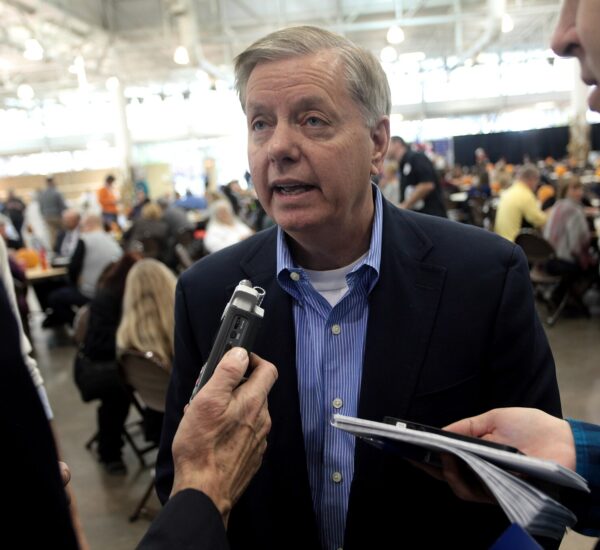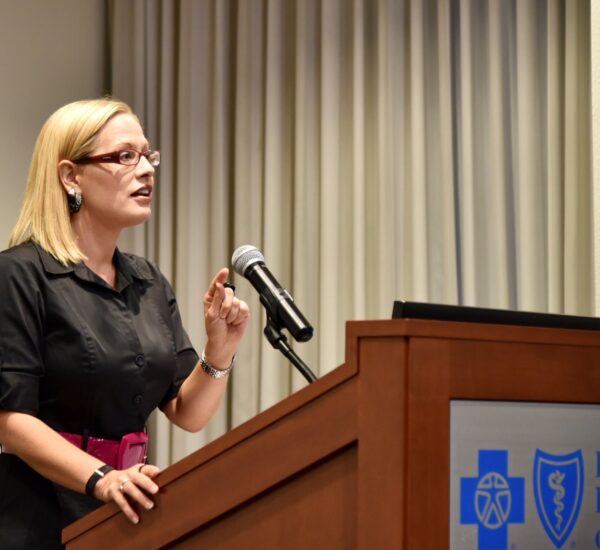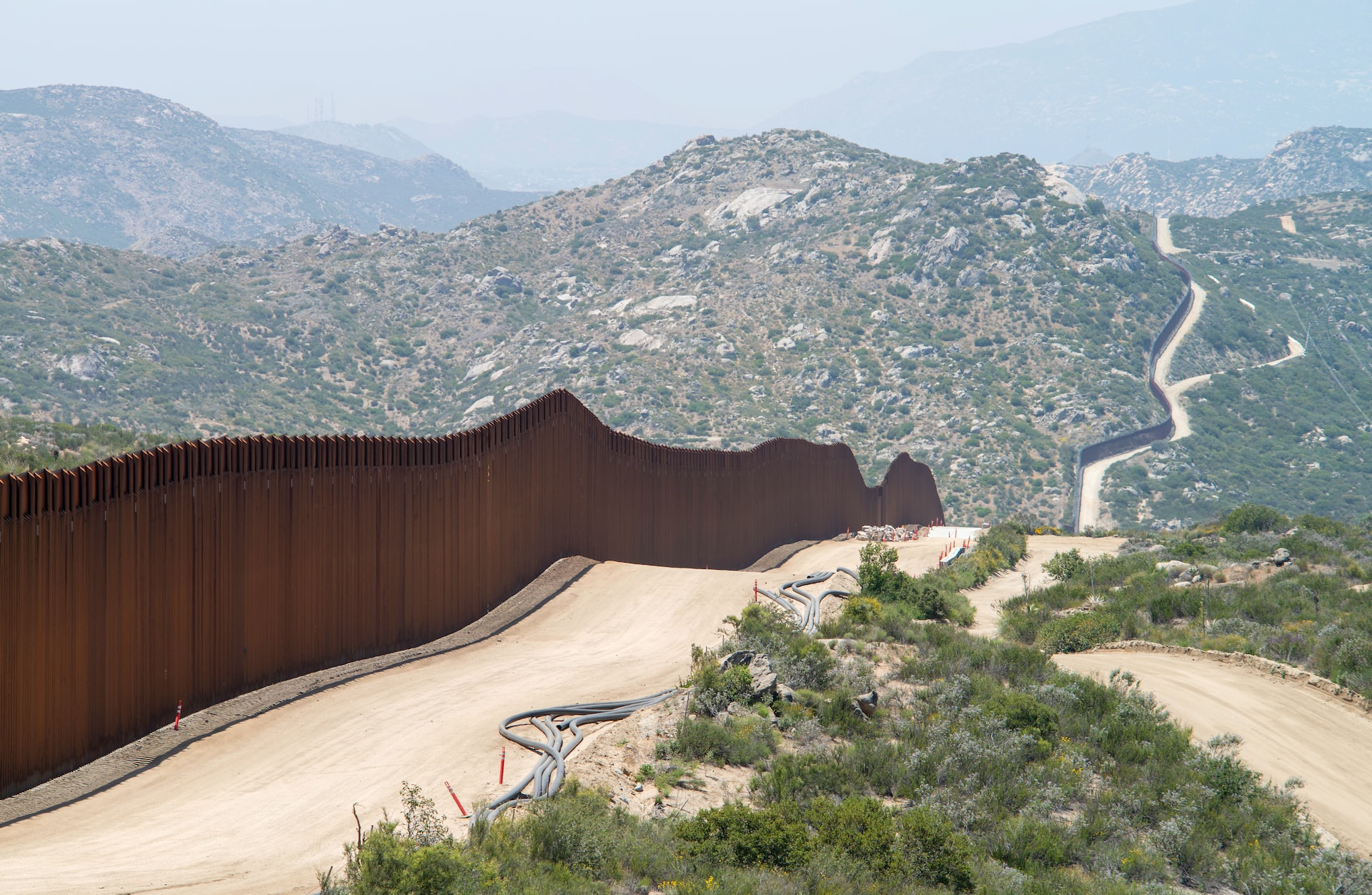Democrats To Outlaw Gasoline?
A lot of Americans hate this plan.
California’s state government, led by Democratic Governor Gavin Newsom, is spearheading an ambitious climate agenda aimed at the transportation sector, with potentially far-reaching economic implications.
The California Air Resources Board (CARB), the state’s primary environmental regulatory body, has recently approved sweeping regulations aimed at rapidly transitioning away from traditional petroleum-based transportation modes to zero-emission alternatives, as part of its broader climate goals. These regulations target various transportation segments including passenger cars, heavy-duty trucks, freight trains, and harbor vessels.
Governor Newsom emphasized the importance of taking significant steps to combat the climate crisis, stating, “We can tackle this climate challenge by embracing bold and decisive actions to reduce pollution.”
Following Newsom’s remarks, CARB finalized regulations phasing out the sale of new gas-powered cars and mandating a transition to 100% electric vehicle sales by 2035. This move has gained traction beyond California, with nearly 20 other states adopting similar rules, collectively impacting over 40% of the nation.
Transportation has drawn considerable attention from environmentalists due to its substantial carbon footprint, with the sector responsible for 39% of California’s carbon emissions, surpassing both industrial and power sectors combined.
California’s efforts align with the California Climate Commitment, announced by Newsom two years prior, which aims to reduce reliance on fossil fuels, increase green energy deployment, and slash greenhouse gas emissions by 85% by 2045, while also dramatically reducing oil demand.
However, these regulations have faced criticism from various quarters, including Republicans, Democrats, consumer groups, and industry associations, citing concerns about feasibility and practicality. The Alliance for Automotive Innovation, representing major automakers, expressed ongoing reservations about the plan’s viability.
Critics argue that CARB’s approach reflects an ideological bias against personal mobility and a preference for electric vehicles, potentially limiting consumer choice and imposing logistical challenges such as access to charging infrastructure.
Despite challenges, there has been a notable increase in electric vehicle sales, with 9.5% of new light-duty vehicle sales being electric in 2023, up from previous years. California’s regulations are set to ramp up further, requiring a significant portion of new car purchases to be electric in the coming years.
In addition to passenger vehicles, CARB has implemented aggressive plans targeting heavy-duty trucks and freight trains, aiming for widespread electrification by 2035. However, these initiatives have drawn criticism from industry stakeholders, citing unrealistic timelines and economic consequences.
The regulations extend to maritime transportation as well, with CARB mandating cleaner upgrades for a range of vessels, despite concerns about safety and feasibility raised by industry representatives and the U.S. Coast Guard.
In response to criticisms, CARB has emphasized collaboration with industry stakeholders through initiatives like the Clean Truck Partnership, aiming to foster innovation and emissions reductions while addressing concerns about economic impact and technological feasibility.
Despite ongoing debates and challenges, CARB maintains that its regulations are the result of rigorous analysis and public engagement, with a focus on delivering tangible benefits such as improved public health outcomes through cleaner air.






